Newly identified fish nurseries are choked with plastic
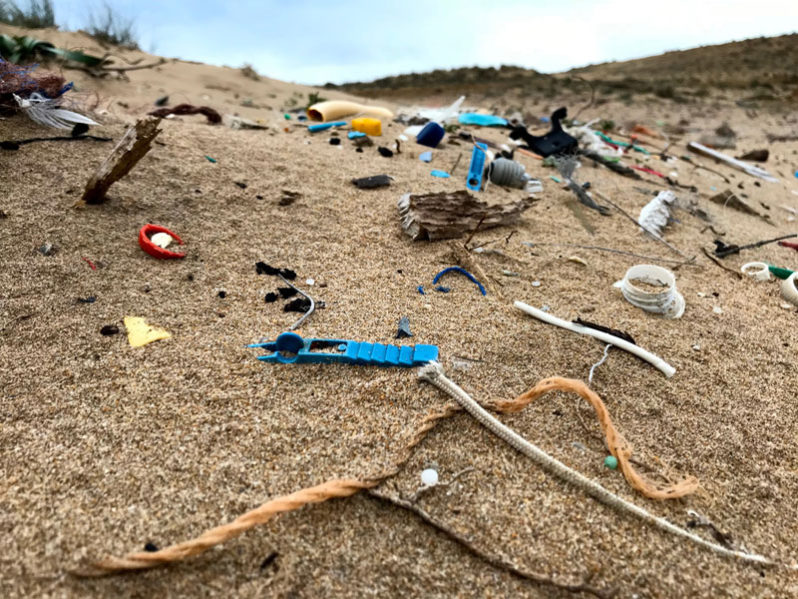
A new study reveals that it’s not just adult sea animals that are getting a gullet full of plastic. Larval fish are inundated with plastic fragments in their nursery habitats and they’re eating those pieces along with their natural food sources
Oil spill threatens vast areas of mangroves and coral reefs in Brazil
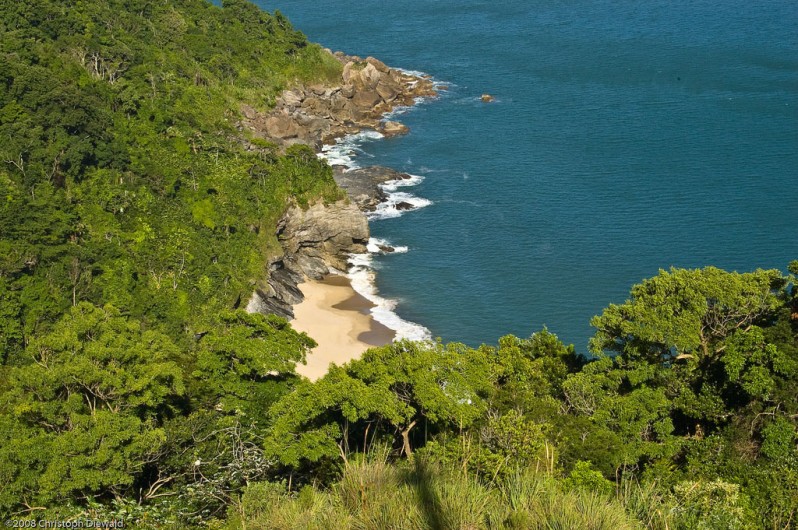
Hundreds of kilometres of mangroves and coral reefs, as well as humpback whale breeding grounds, are under threat from an oil spill that has polluted more than 2,400km of Brazil’s north-eastern coast in the last two months.
Microplastics “washing right out into the ocean,” marine biologists say
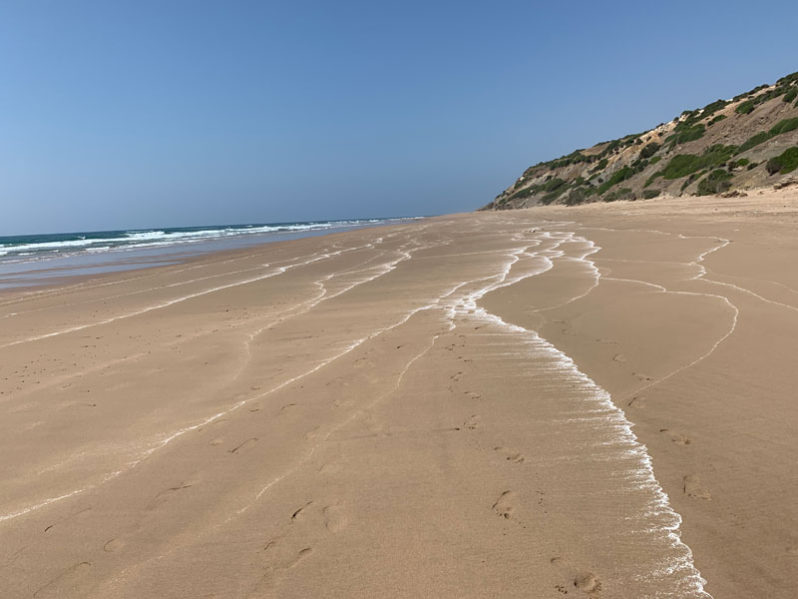
Signs of climate change are everywhere, but sometimes those signs are very hard to see. Tiny, nearly invisible pieces of plastic called microplastics are making their way through our ecosystem. The results could be devastating.
Needles and other medical supplies just washed up on a California beach
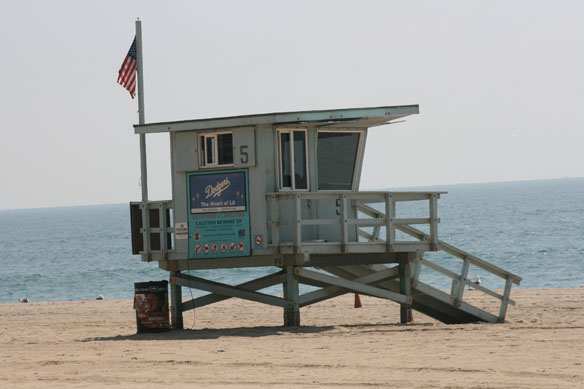
Sections of Venice Beach in Los Angeles were blocked off Sunday after authorities discovered needles and other medical supplies had washed up on shore.
The Ocean cleanups latest invention collects 110,000 pounds of trash from rivers each day
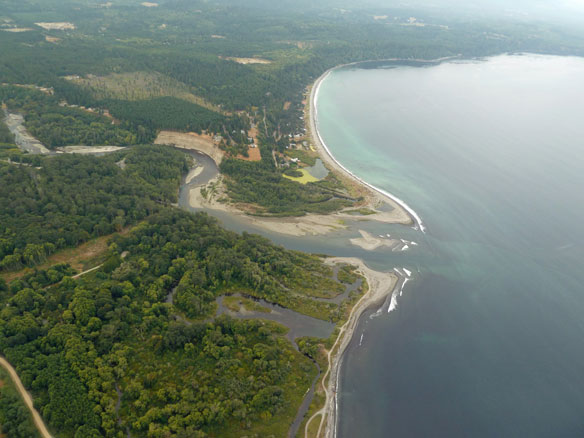
Dubbed the Interceptor, this boat is designed to collect plastic trash as it floats down rivers and into the sea. The vessel is the latest project from The Ocean Cleanup, a Dutch nonprofit organization helmed by eco-engineering Boyan Slat.
Coca-Cola is world’s biggest plastics polluter – again
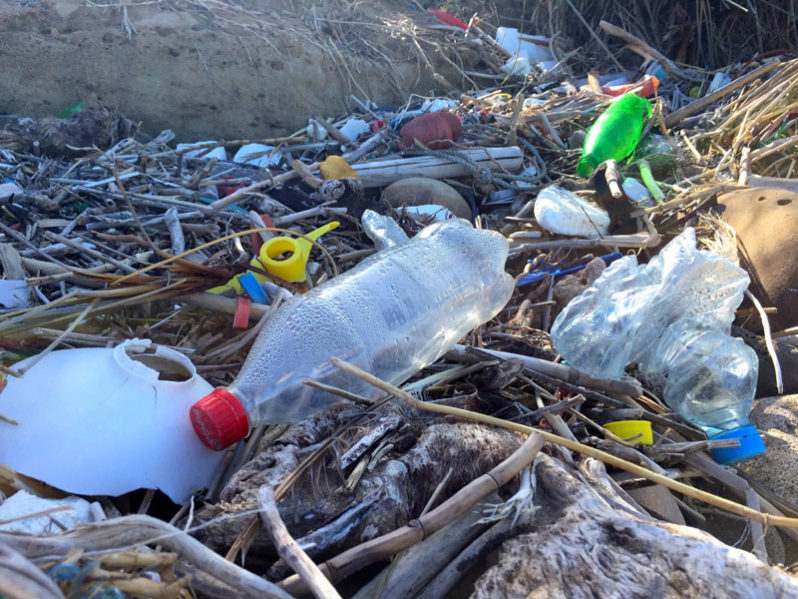
Coca-Cola has been named the world’s largest polluter of plastics for the second year in a row, according to an audit conducted by Break Free From Plastic.
Greenpeace report reveals ghost gear contribution to plastic pollution
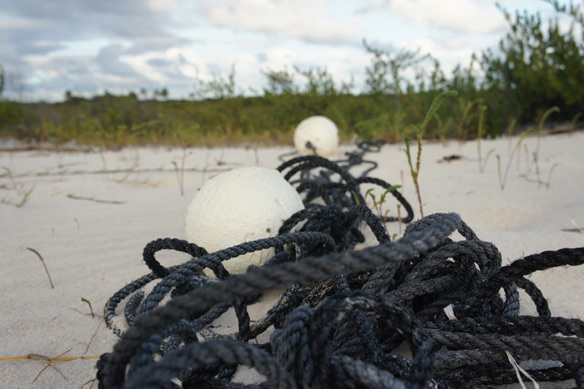
An estimated 640,000 metric tons of abandoned or lost fishing equipment, or ‘ghost gear,’ enters the ocean every year, equivalent in weight to more than 50 thousand double-decker buses. In total, the equipment makes up around 10 percent of the plastic waste in our oceans, entangling and killing marine life.
Why biodegradables won’t solve the plastic crisis

“Green” alternatives to throwaway plastics don’t always break down in sea water. But could they help to fix our food waste problem?
Can plastic pavement curb the world’s epidemic of plastic waste?
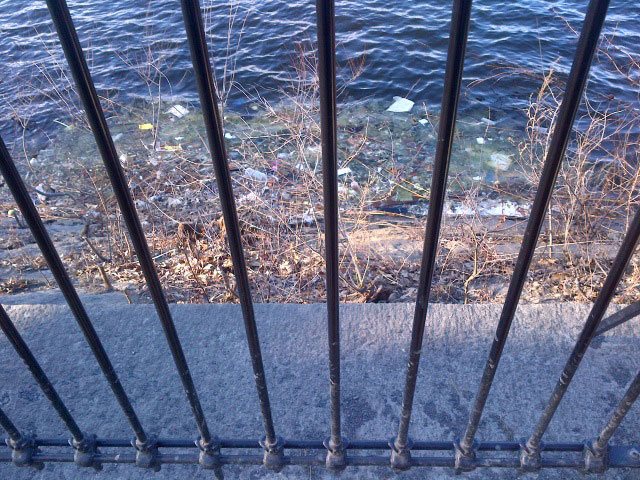
Ninety percent of the plastic we use ends up in landfills, or in the world’s oceans. Now, a Scottish firm has invented a way to recycle that hard-to-use plastic for a role that requires durability: paving roads and highways.
